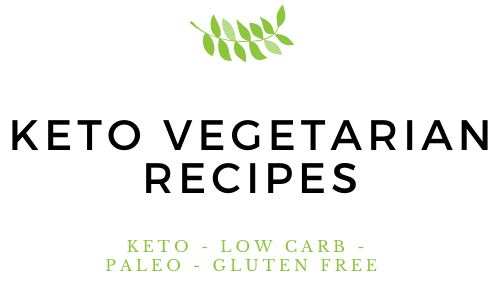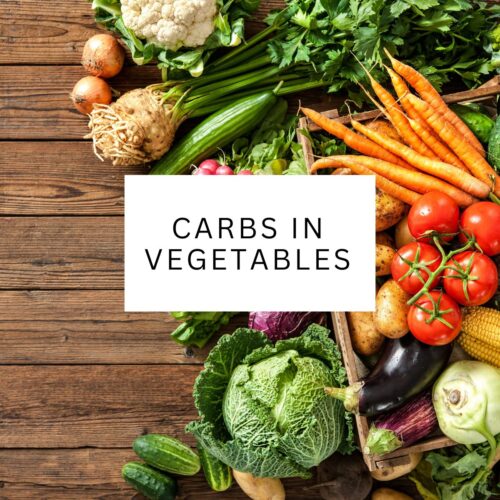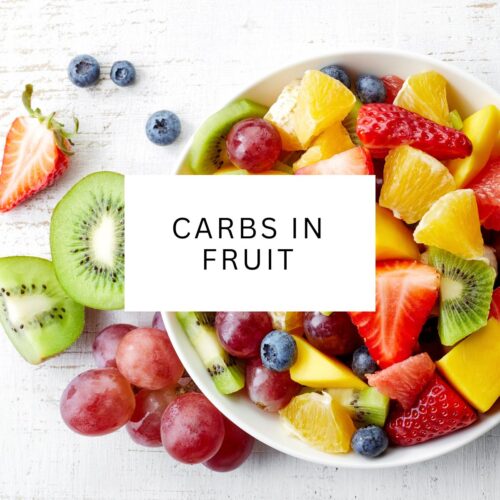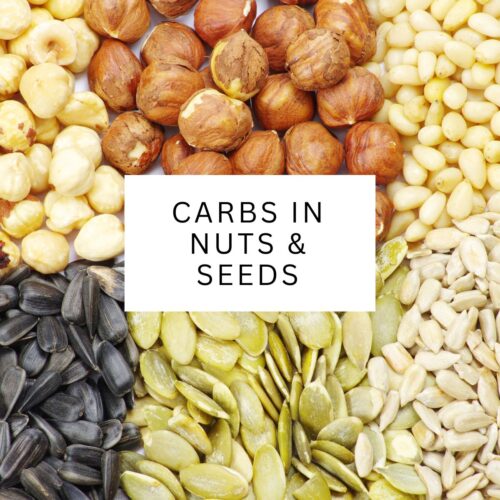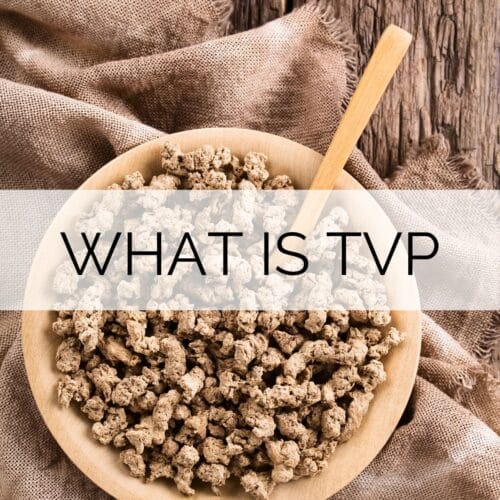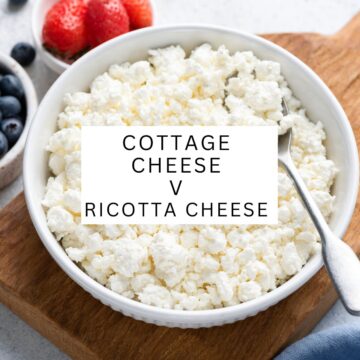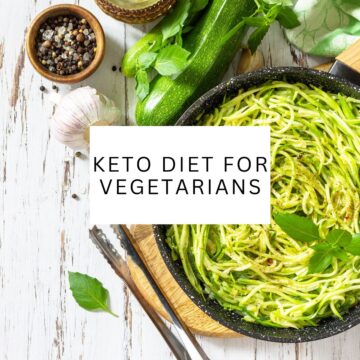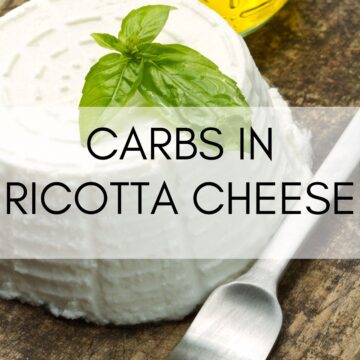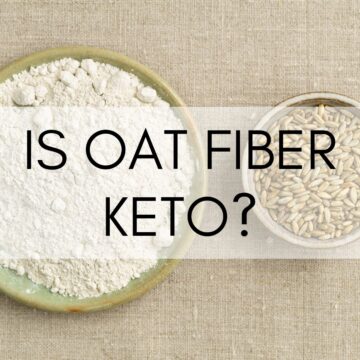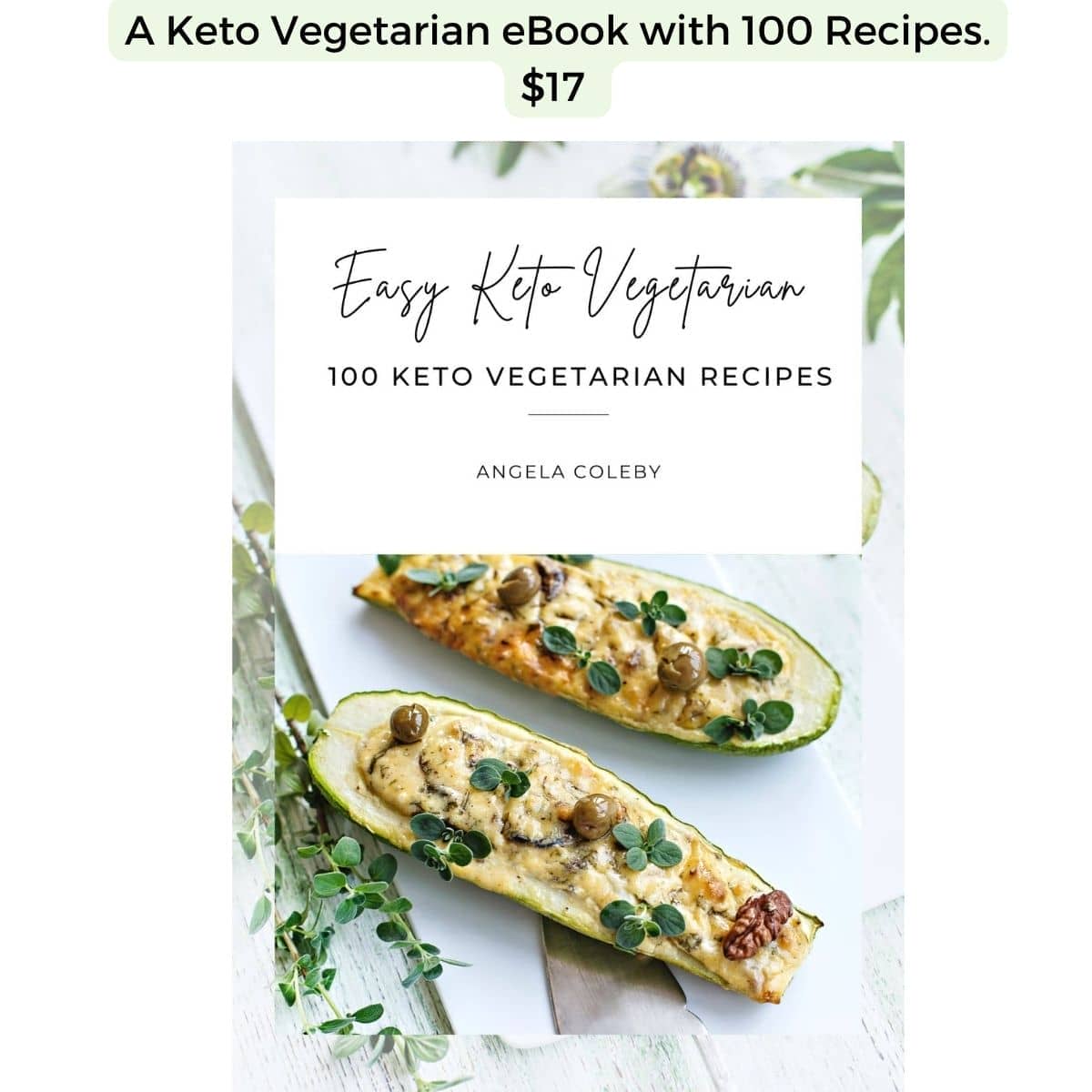The vegan keto diet is a unique fusion of veganism and the ketogenic dietary approach. It emphasizes low-carb, high-fat, plant-based foods while excluding animal products. This fusion creates a diet that aims to achieve the state of ketosis – a metabolic state where the body burns fat for fuel instead of carbohydrates – while adhering to vegan principles.

Jump to:
- The Vegan Diet
- What is Ketosis?
- Combining Veganism and Keto
- Macronutrient Distribution
- How to Start a Vegan Keto Diet
- Foods to Eat
- High-Fat Plant Foods
- Plant Based Proteins
- Low Carb Vegetables
- Fruits (in Moderation)
- Fats and Oils
- Beverages
- Condiments and Sweeteners
- Herbs and Spices
- Foods to Avoid
- Vegan Keto Meal Plan
- Day 1
- Day 2
- Day 3
- Day 4
- Day 5
- Day 6
- Day 7
- Resources
The Vegan Diet
A vegan diet is strictly plant-based, avoiding all animal products and by-products, including meat, fish, dairy, eggs, and honey. This diet focuses on fruits, vegetables, nuts, seeds, legumes, and grains. While it allows for processed foods, a balanced approach favors whole, unprocessed items.
What is Ketosis?
Ketosis is a metabolic state where the body uses fat as its primary energy source, producing ketones in the process. This is typically achieved by significantly reducing carbohydrate intake.
Combining Veganism and Keto
The vegan keto diet is a unique blend of veganism and the ketogenic diet, emphasizing a high-fat, low-carbohydrate, and moderate-protein intake solely from plant sources. The typical macronutrient distribution includes about 70-80% calories from fat, 15-30% from protein, and around 5% from carbohydrates.
Macronutrient Distribution
- Fat: 70-80% of total calories
- Protein: 15-25%
- Carbohydrates: 5-10% (typically less than 30-50 grams per day)
How to Start a Vegan Keto Diet
- Track Your Macronutrients: Use tools like a keto calculator to determine the appropriate intake of fats, proteins, and carbs based on your individual needs.
- Reduce High-Carb Foods: Limit your daily carb intake to 20-50 grams, focusing on low-carb alternatives like cauliflower rice, zucchini noodles, and low-starch vegetables.
- Prioritize Healthy Fats: Include avocados, coconut oil, olives, and cold-pressed olive oil. Choose fats that provide health benefits and support ketosis.
- Incorporate High-Quality Protein: Opt for plant-based proteins like lupini beans, tempeh, edamame, and nuts. Ensure adequate protein intake while adhering to your keto macros.
- Consider Supplements: Address potential nutrient gaps with supplements, especially for vitamins D, B12, and minerals like calcium, iron, and iodine.
Foods to Eat
Adopting a keto vegan diet involves a careful selection of foods that align with both ketogenic and vegan principles. The key is to choose high-fat, low-carb, plant-based foods while ensuring adequate protein intake. Here's a list of suitable foods for a keto vegan diet:
High-Fat Plant Foods
- Nuts and Seeds - Almonds, walnuts, macadamia nuts, pecans, chia seeds, flaxseeds, hemp seeds, and pumpkin seeds. Great for snacks, added to salads, or used in recipes.
- Nut Butters - Almond butter, peanut butter, and sunflower seed butter. Ensure they are unsweetened and without added oils or sugars.
- Avocados - Rich in monounsaturated fats and very versatile. Can be eaten alone, in salads, or made into guacamole.
- Coconut Products - Coconut oil, full-fat coconut milk, coconut cream, and unsweetened shredded coconut. Suitable for cooking and baking.
- Olives and Olive Oil - High in heart-healthy fats and great for adding flavor. Use olive oil for salad dressings or low-heat cooking.
Plant Based Proteins
- Tofu and Tempeh - excellent sources of protein. Can be used in a variety of dishes from stir-fries to salads.
- Seitan - High in protein, but should be used in moderation due to its gluten content. Good meat substitute for various recipes.
- TVP - Textured Vegetable Protein, is a plant-based protein product derived from soybeans. It is a versatile food ingredient made from defatted soy flour.
- Vegan Protein Powders - Pea protein, hemp protein, and other plant-based protein powders. Useful for shakes and smoothies.
Low Carb Vegetables
- Leafy Greens - Spinach, kale, arugula, and collard greens. Ideal for salads, smoothies, and side dishes.
- Above-Ground Vegetables - Broccoli, cauliflower, zucchini, bell peppers, and asparagus. Can be roasted, steamed, or used in stir-fries.
- Mushrooms - Various types offer flavor and texture to dishes. Great for sautés, stews, and as meat substitutes.
Fruits (in Moderation)
- Berries - Strawberries, raspberries, blackberries, and blueberries. Should be consumed in limited quantities due to sugar content.
Fats and Oils
- Plant-Based Oils - Coconut oil, olive oil, avocado oil, and MCT oil. Used for cooking, baking, and in dressings.
- Vegan Dairy Alternatives - Vegan cheese and cream alternatives. Look for low-carb options without added sugars.
Beverages
- Water - Essential for hydration. Can be infused with lemon or lime for flavor.
- Unsweetened Plant-Based Milks - Almond milk, coconut milk, and hemp milk. Ensure they are unsweetened and low in carbs.
- Tea and Coffee - Best consumed black or with a splash of plant-based milk. Avoid sugar and high-carb creamers.
Condiments and Sweeteners
- Low-Carb Condiments - Mustard, vegan mayo, and certain hot sauces. Read labels to avoid added sugars and carbs.
- Artificial Sweeteners - Stevia, allulose and monk fruit sweeteners. Use sparingly to sweeten drinks or recipes.
Herbs and Spices
- Most are low in carbs and add flavor to dishes.
- Fresh or dried herbs like basil, cilantro, parsley, and spices like turmeric, cumin, and paprika.
Foods to Avoid
High-Carb Foods: Bread, pasta, rice, grains, beans, lentils, and high-sugar fruits.
Processed and Sweetened Foods: Foods high in sugar and unhealthy fats.
Meat, Fish, Dairy, Eggs: As per vegan principles.
Vegan Keto Meal Plan
A well-balanced vegan keto meal plan should offer variety and ensure nutritional adequacy. Here’s a sample weekly plan:
Day 1
Breakfast: Avocado and Tomato Salad
Calories: 300, Net Carbs: 6g, Protein: 4g, Fat: 27g
Lunch: Stir-Fried Tofu with Broccoli
Calories: 350, Net Carbs: 10g, Protein: 21g, Fat: 25g
Dinner: Zucchini Noodles with Vegan Pesto
Calories: 400, Net Carbs: 8g, Protein: 10g, Fat: 35g
Snacks: Walnuts (¼ cup)
Calories: 200, Net Carbs: 2g, Protein: 5g, Fat: 20g
Day 2
Breakfast: Coconut Yogurt with Chia Seeds
Calories: 250, Net Carbs: 5g, Protein: 6g, Fat: 22g
Lunch: Vegan Keto Salad
Calories: 300, Net Carbs: 5g, Protein: 5g, Fat: 27g
Dinner: Cauliflower Steak
Calories: 300, Net Carbs: 10g, Protein: 8g, Fat: 22g
Snacks: Cucumbers with Almond Butter
Calories: 150, Net Carbs: 4g, Protein: 4g, Fat: 13g
Day 3
Breakfast: Spinach-Peanut Butter Smoothie
Calories: 400, Net Carbs: 8g, Protein: 20g, Fat: 30g
Lunch: Stuffed Avocados
Calories: 350, Net Carbs: 6g, Protein: 4g, Fat: 32g
Dinner: Eggplant Vegan Lasagna
Calories: 350, Net Carbs: 12g, Protein: 15g, Fat: 25g
Snacks: Macadamia Nuts (¼ cup)
Calories: 240, Net Carbs: 2g, Protein: 3g, Fat: 25g
Day 4
Breakfast: Scrambled Tofu with Spinach
Calories: 250, Net Carbs: 4g, Protein: 18g, Fat: 18g
Lunch: Vegan Keto Buddha Bowl
Calories: 400, Net Carbs: 10g, Protein: 15g, Fat: 30g
Dinner: Grilled Portobello Mushrooms
Calories: 200, Net Carbs: 6g, Protein: 5g, Fat: 17g
Snacks: Celery Sticks with Cashew Cheese
Calories: 150, Net Carbs: 4g, Protein: 4g, Fat: 12g
Day 5
Breakfast: Vegan Keto Porridge
Calories: 300, Net Carbs: 4g, Protein: 10g, Fat: 25g
Lunch: Creamy Avocado Soup
Calories: 350, Net Carbs: 8g, Protein: 4g, Fat: 32g
Dinner: Vegan Shepherd’s Pie
Calories: 400, Net Carbs: 12g, Protein: 15g, Fat: 30g
Snacks: Blueberries (¼ cup)
Calories: 20, Net Carbs: 4g, Protein: 0.5g, Fat: 0.2g
Day 6
Breakfast: Almond Flour Pancakes
Calories: 350, Net Carbs: 6g, Protein: 12g, Fat: 30g
Lunch: Spinach and Avocado Salad
Calories: 300, Net Carbs: 6g, Protein: 5g, Fat: 27g
Dinner: Vegan Keto Stir-Fry
Calories: 350, Net Carbs: 10g, Protein: 15g, Fat: 25g
Snacks: Olives (¼ cup)
Calories: 100, Net Carbs: 1g, Protein: 0g, Fat: 11g
Day 7
Breakfast: Chia Pudding
Calories: 300, Net Carbs: 5g, Protein: 6g, Fat: 25g
Lunch: Lettuce Wraps with Tempeh
Calories: 350, Net Carbs: 6g, Protein: 18g, Fat: 25g
Dinner: Roasted Cauliflower Tacos
Calories: 300, Net Carbs: 10g, Protein: 8g, Fat: 22g
Snacks: Pumpkin Seeds (¼ cup)
Calories: 180, Net Carbs: 1g, Protein: 9g, Fat: 15g
Resources
Explore our low carb food list and articles to help you start your journey
